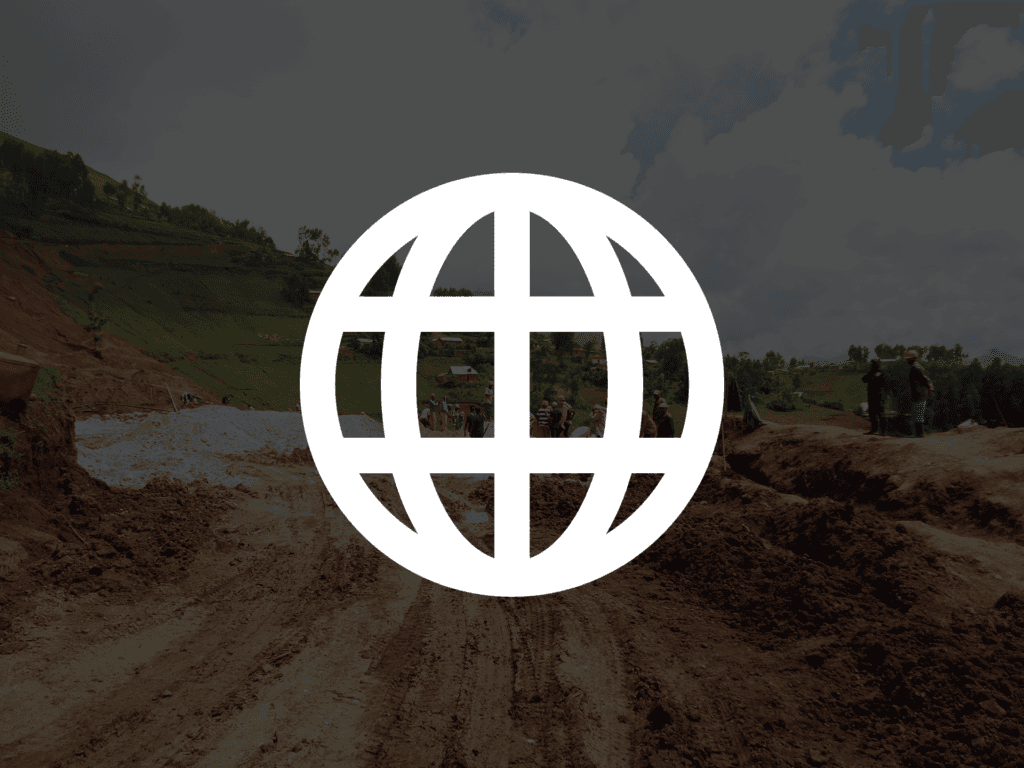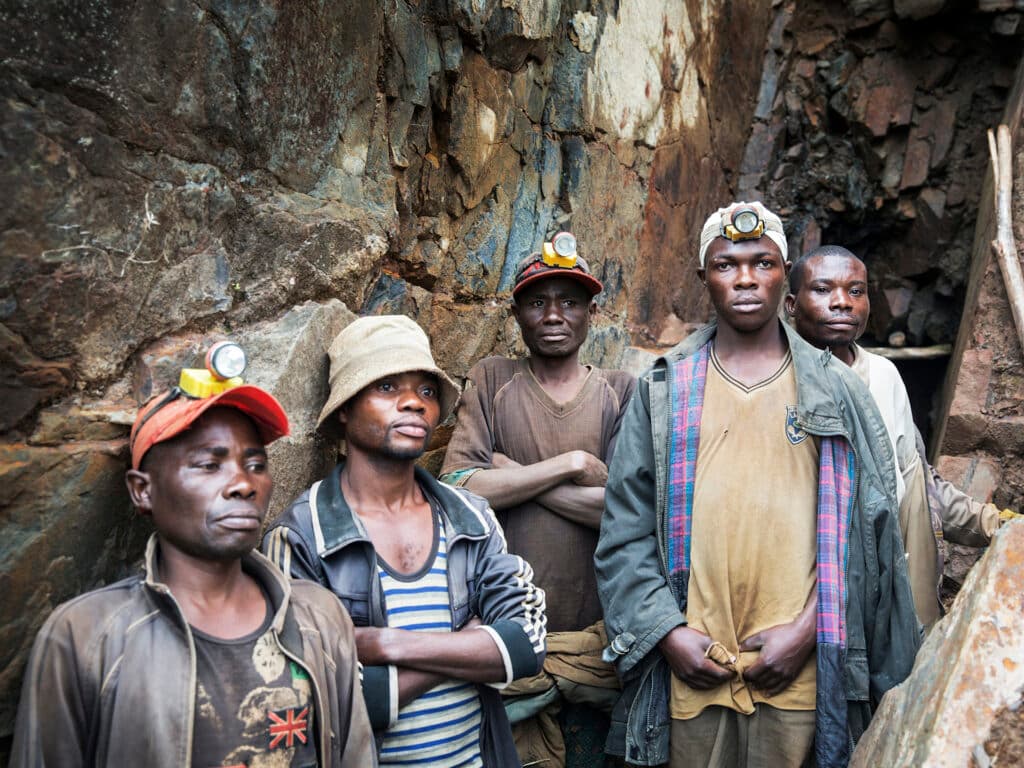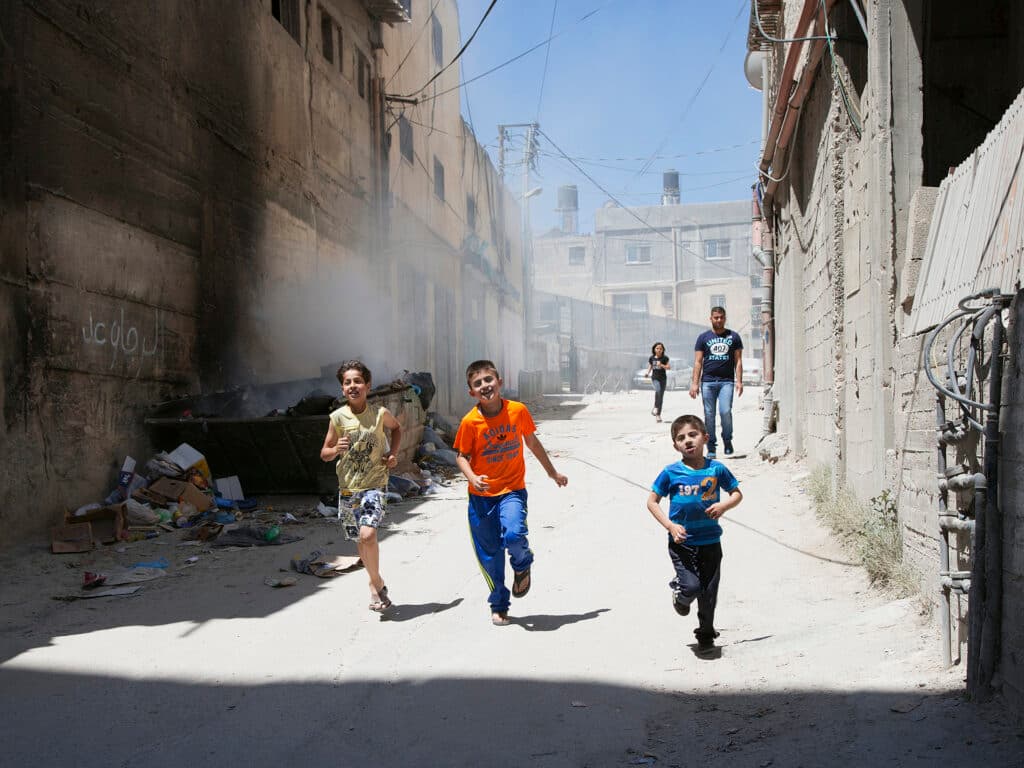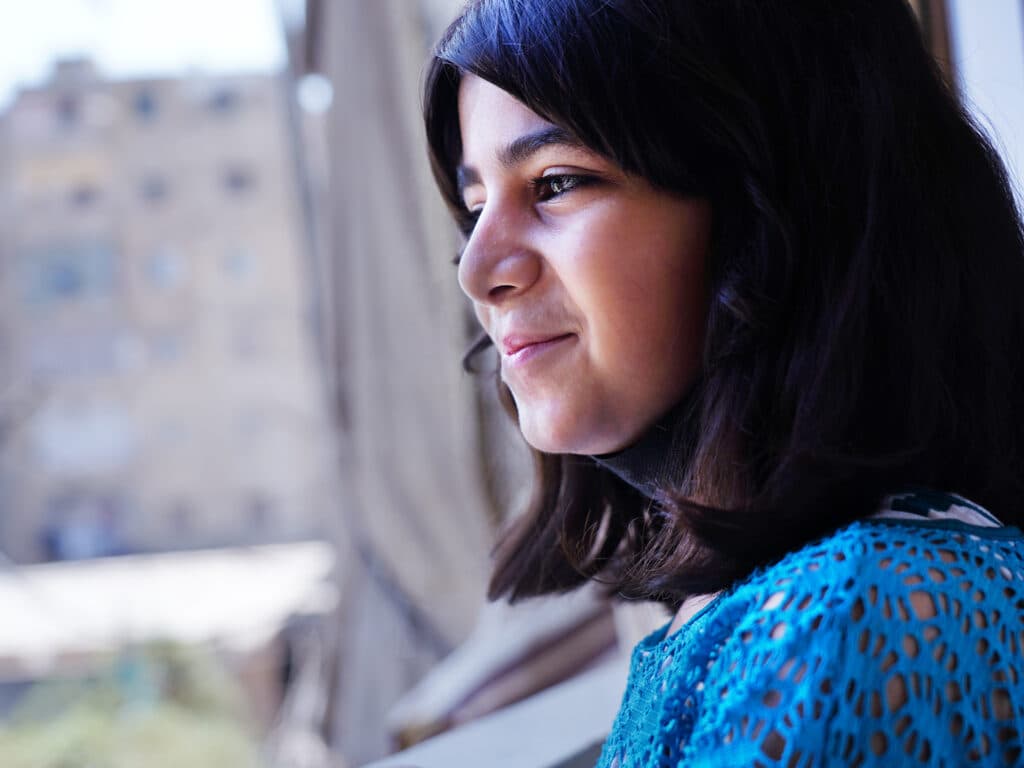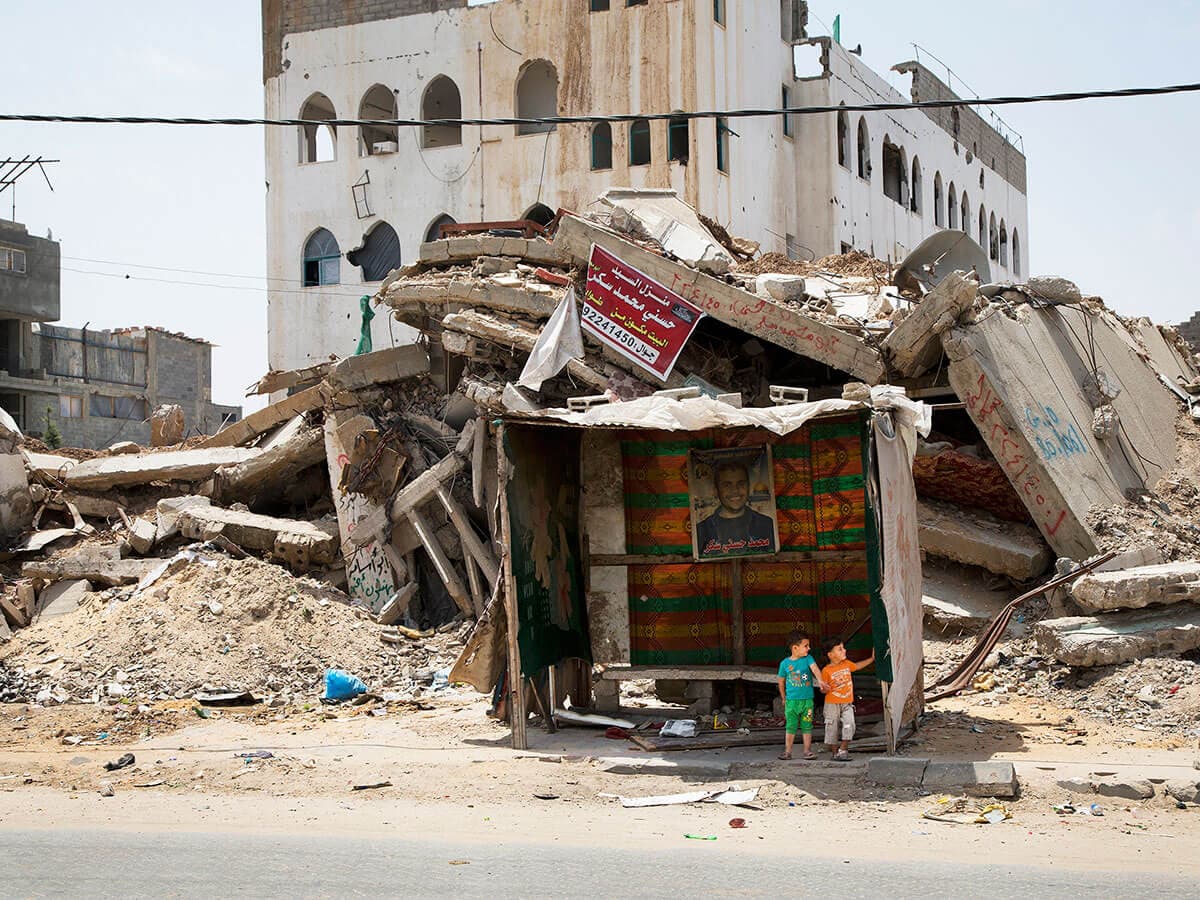
International humanitarian law
Diakonia's International Humanitarian Law Centre (IHL) is focused on increasing respect and use of international humanitarian law in conflicts worldwide. The programme started in 2004 and is funded by the Swedish International Development Cooperation (Sida) the Swiss Development Cooperation (SDC ) and the UNDP.
Improving the humanitarian situation
International humanitarian law mainly focuses on protection of civilians in conflict situations and puts limitations on the means and methods of warfare. With our programme we hope to improve the humanitarian situation by increasing the awareness to rules of international humanitarian law in civil societies affected by conflict.
The Centre’s goal is to influence and change the behaviour of militaries, armed groups, and society as a whole in order to improve the respect for basic legal standards in times of war. Through trainings and advocacy we raise awareness about the law. Limiting the impact of conflict to the minimum possible if IHL is respected, saves lives. Through greater adherence to the laws of war, humanity in conflict will increase.
IHL Centre worldwide
In 2004, the International Humanitarian Law Resource Centre (IHLRC) was created in the Diakonia Regional Middle East Office in Jerusalem with the mandate to raise awareness of issues pertaining to IHL in the Israeli-Palestinian conflict. The Resource Centre has evolved into a well-respected actor that provides local civil society and the international community with independent, neutral, and in-depth information about the conflict.
Following the success in Jerusalem, Diakonia has expanded its work on IHL by creating the International Humanitarian Law Centre as a global centre of excellence with local presences. Since the establishment of the Centre in 2017, additional regional desks have been created in Mali, also covering Niger, Burkina Faso, and for Syria (based in Lebanon), also covering Jordan and Turkey. At the global level, the Centre works on emerging crises worldwide, and is leading innovative policy projects to strengthen international law.
Support in crisis situations
Our global team works on global policies and responds to crises worldwide. We coordinate projects to advance international humanitarian law, provide technical support to the humanitarian community in different locations, and organise in-depth engagement in countries where the political or security situation does not allow the establishment of a local presence.
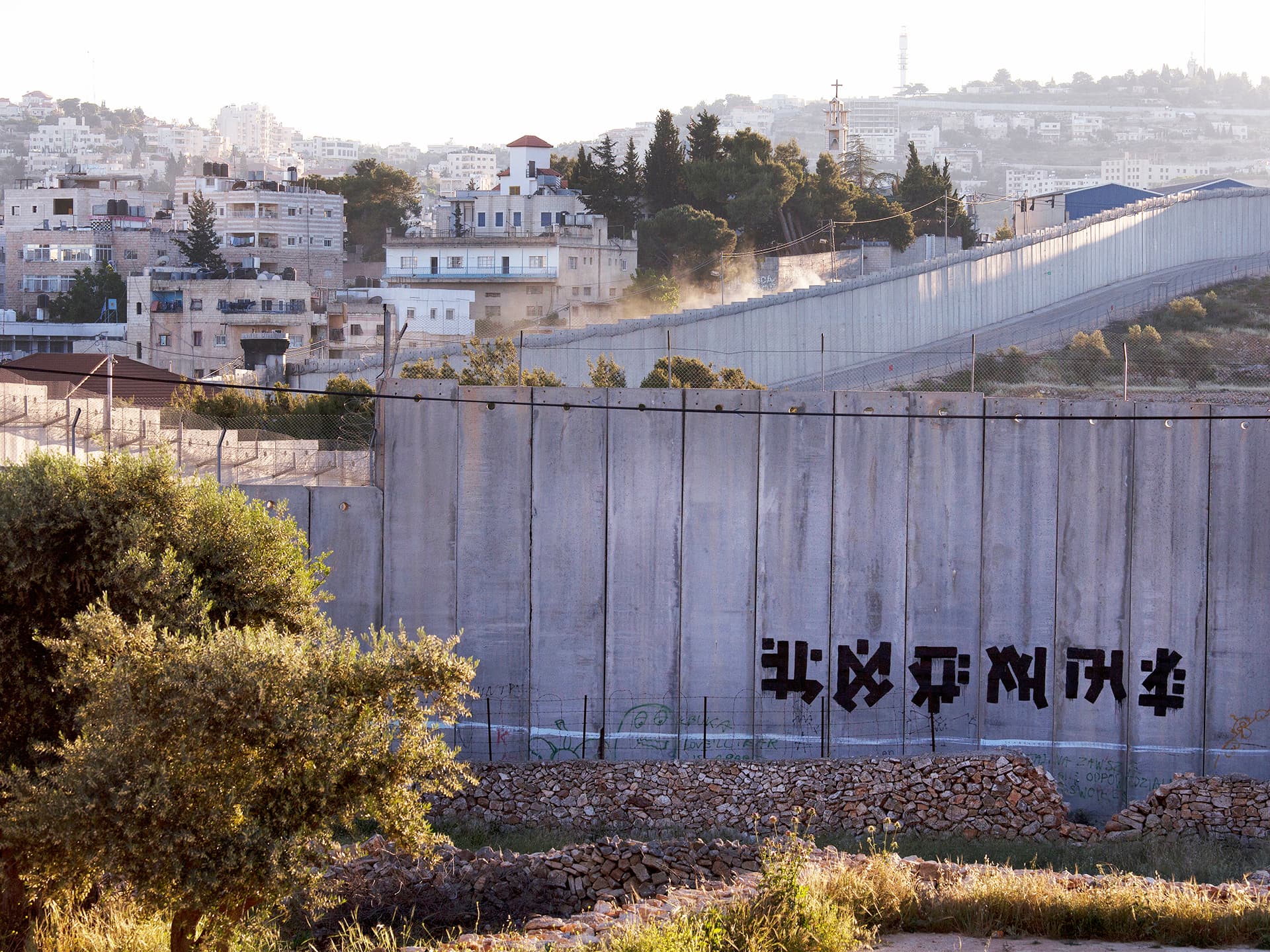
Increased protection of marginalised groups
In addition to our work in different conflict-affected regions, we have developed a thematic focus on issues of international humanitarian law that require global attention.
Through research, knowledge sharing, and advocacy, the Diakonia International Humanitarian Law Centre identifies gaps in the law and promotes solutions. We work with partners around the world to make sure international law is inclusive and effective.
Information and advocacy
Knowledge is essential in order to strengthen respect for international humanitarian law. But it needs to be combined with political will. This is why Diakonia provides information on and is advocating for increased use of international humanitarian law on many levels: In Israel, Palestine, Syria, Mali, Sweden as well as in Europe. In this work we show the advantages of using, and referring to, international humanitarian law from an integrative outlook. We believe that international humanitarian law is crucial in reaching a sustainable and peaceful solution to conflicts.
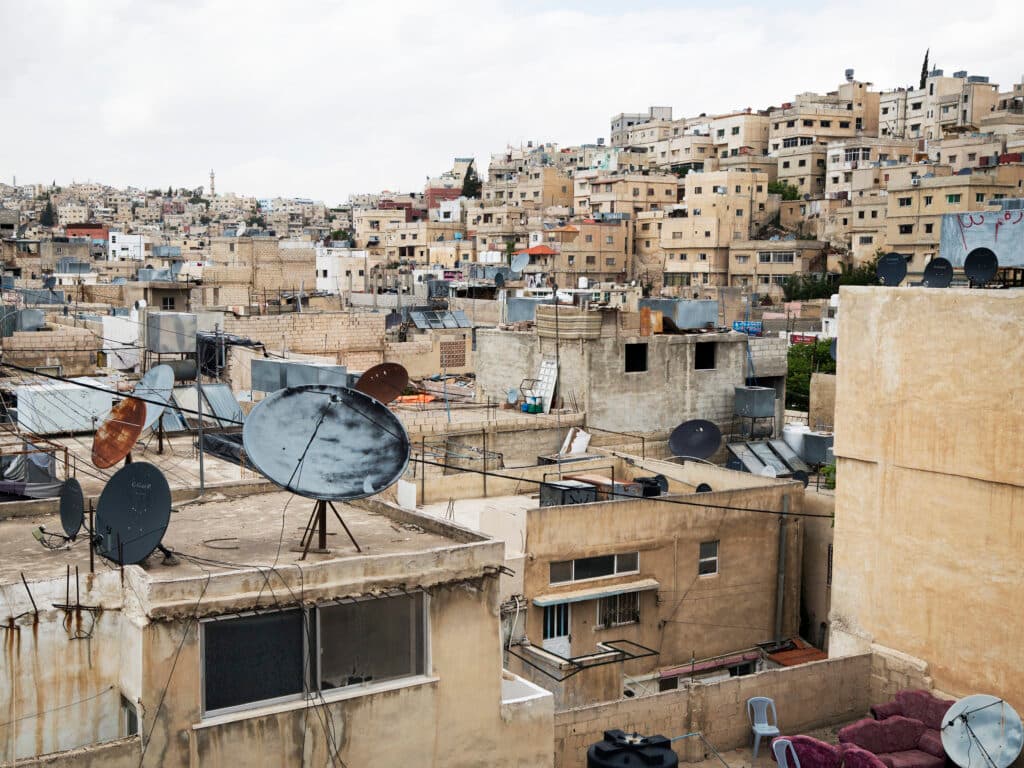
The IHL Centre website
We believe that more humanity in conflict contributes to a world in which people and their communities can eventually live side by side and in peace.
The goal of the Centre is to increase respect for and implementation of international law, and IHL in particular.
